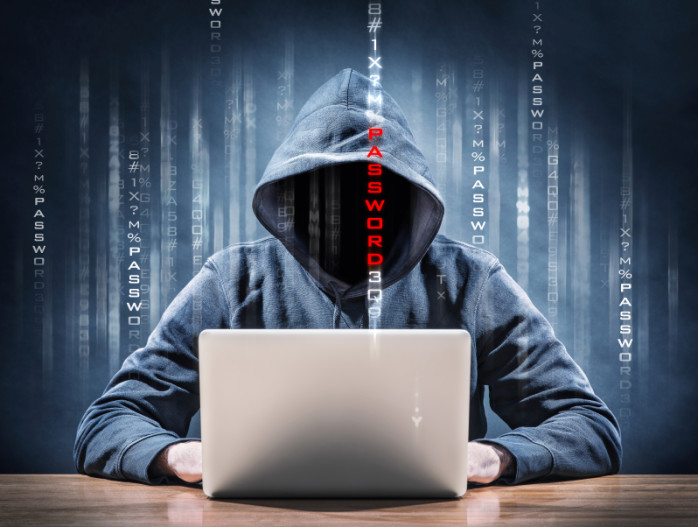Cyber Security Insurance: Do You Need It?

Data breaches are all over the news. From Target to Blue Cross Blue Shield, high profile companies and institutions have been hacked—putting millions of customers’ personal information at risk. While this is unsettling on it’s own, if cyber criminals can break into some of the most “secure” platforms out there, then how do individuals protect themselves against hackers who want their information?
In response to this exact question, many cybersecurity insurance policies have popped up. But what do they actually protect you from and do you really need one? The answer: probably not.
Most homeowners insurance policies have identity theft protection.
If you have a homeowners insurance policy, you have an option to purchase identity theft protection. This can include financial compensation for your losses, a manager who can help you get back on track, and credit monitoring. Since typical identity theft riders are only about $25, this is a cheap option that can keep your worries at bay.
Credit card companies are responsible for reimbursing most stolen funds.
If your credit card is stolen, you are only responsible for paying up to $50. However, if you report it lost or stolen before someone makes a fraudulent transaction, you won’t have to pay anything. The financial institution will be responsible for investigating the case and reimbursing you for money stolen.
Debit and ATM cards are a different story. If you take more than two business days to report your card lost or stolen, you will be responsible for $500 of losses. If you take over 60 days to report it, you will be responsible for all of the money stolen.
Make sure your insurance policy covers against identity theft. Shop for policies now.
[SUREHITS]
Extra cybersecurity is expensive.
One company, called Pure Insurance, specializes in cyber security insurance and auditing. To audit your home network, the company charges $1,500 and up. If you want ongoing security monitoring, that costs $500+ a month. Considering that this particular company only pays up to $10,000 if your credit card is fraudulently used, the risk isn’t worth the cost.
There is a lot you can do on your own to lower your risk of a security breach.
Every year, about nine million people in the U.S. have their identities stolen. However, a lot of people bring it on themselves. Because our culture is comfortable with sharing information, and a lot of it, we willingly put a lot about ourselves in public view. In order to keep yourself safer, you can:
- Always use a secure internet connection to do anything online. Those who use Smartphones in public places are 33% more likely to fall victim to hackers.
- Change your passwords frequently
- Never share your passwords
- Never use a public computer for banking or online shopping that involves a credit card
- Keep personal information like your social security number under lock and key
- Pay with cash
- Don’t save your passwords. More than half of all information that is used by identity thieves his retrieved from stolen laptops.
- Don’t download anything from uncertified websites
- Install anti-spyware
- Keep your computer and internet browsers up to date so their security features are at their best
Just keep your wits about you, know exactly what your insurance plan covers, and monitor your online accounts regularly and you won’t have to worry as much about your personal online security.

Free Insurance Comparison
Enter your zip code below to view companies that have cheap insurance rates.
Secured with SHA-256 Encryption


